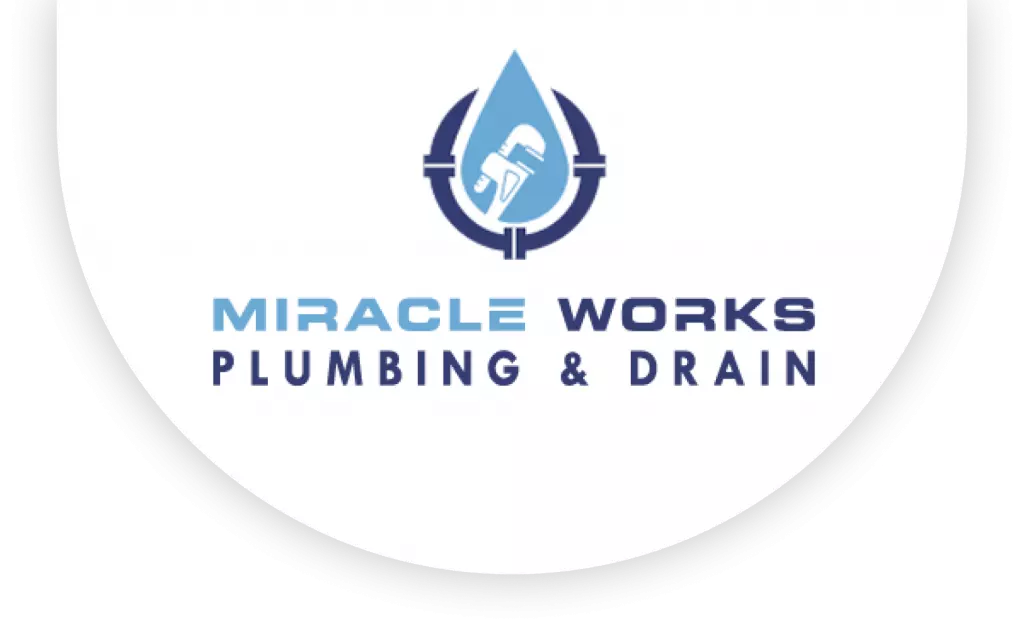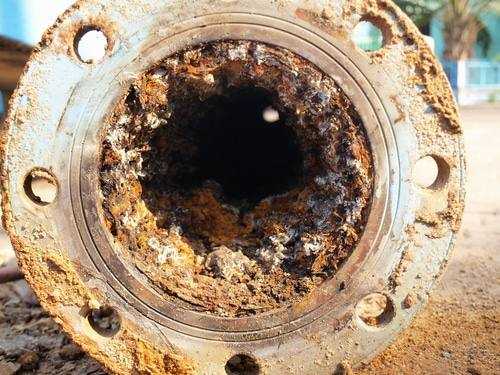Sewer line clogs can be a homeowner’s worst nightmare. They can lead to unpleasant odors, overflowing toilets, and even property damage if left untreated. Understanding the main causes of sewer line clogs can help you prevent them and save yourself from the hassle and expense of dealing with a clogged sewer line. In this article, we will explore the primary culprits behind sewer line clogs and provide you with valuable tips to keep your sewer lines flowing smoothly.
1. Tree Roots Intrusion
One of the leading causes of sewer line clogs is tree root intrusion. As trees grow, their roots can extend far and wide, seeking moisture and nutrients. Unfortunately, sewer lines can provide the perfect environment for roots to thrive. Small cracks or joints in the sewer pipes can allow tree roots to infiltrate, causing blockages and even pipe damage. Regular maintenance, such as professional root cutting or lining the pipes, can help prevent this issue.
2. Accumulation of Grease and Fat
Improper disposal of grease and fat is another common cause of sewer line clogs. When these substances are poured down the drain, they may appear to go away initially. However, over time, the grease and fat can accumulate inside the pipes, narrowing the passageways and causing blockages. To avoid this problem, always dispose of grease and fat in a separate container and throw it in the trash instead.
3. Foreign Objects
Foreign objects that find their way into the sewer system can wreak havoc on your sewer lines. Items such as sanitary products, baby wipes, dental floss, and paper towels should never be flushed down the toilet. These items do not break down easily and can quickly lead to clogs. Educate your household members about proper disposal methods and provide clearly labeled waste bins to prevent any mishaps.
4. Structural Damage
Sewer line clogs can also result from structural damage to the pipes. Over time, pipes can deteriorate due to aging, shifting soil, freezing and thawing, or ground movement. Cracked, collapsed, or misaligned pipes can impede the flow of wastewater and cause clogs. Regular inspections by professionals can help identify any structural issues early on, allowing for timely repairs or replacements.
5. Bellied Pipes
Bellied pipes occur when a section of the sewer line sinks due to soil conditions or ground movement. In these situations, a low spot forms, and wastewater begins to accumulate in that area, creating a potential blockage point. Bellied pipes can be particularly problematic as they trap debris, leading to recurring clogs. It’s essential to address bellied pipes promptly to avoid further complications.
6. Flushing Non-Biodegradable Materials
Flushing non-biodegradable materials down the toilet is a significant cause of sewer line clogs. Items like cotton balls, cigarette butts, and personal hygiene products should never be flushed. Unlike toilet paper, these materials do not break down easily and can accumulate in the pipes, obstructing the flow and causing blockages. Make sure everyone in your household is aware of proper flushing practices.
7. Old Pipes
Old, corroded pipes can contribute to sewer line clogs. As pipes age, they are more prone to rust, scale buildup, and corrosion. These factors can restrict the flow of wastewater and lead to blockages. If you live in an older home, consider having a professional inspect your sewer lines to assess their condition. Upgrading to newer pipes may be a wise investment in the long run.
8. Heavy Rainfall
Heavy rainfall can overwhelm sewer systems, leading to clogs and backups. Excessive amounts of water entering the sewer lines can cause debris to accumulate and obstruct the flow. Additionally, heavy rains can cause soil erosion and shifting, which may damage or misalign the sewer pipes. While you can’t control the weather, you can take preventive measures, such as installing a backwater valve or sump pump, to mitigate the impact of heavy rainfall.
9. Incorrect Installation or Slope
Improper installation or incorrect slope of sewer pipes can impede the smooth flow of wastewater. If the pipes are not installed with the correct slope or alignment, gravity cannot assist in carrying the waste away. This can lead to slow drainage, standing water, and eventually, clogs. It’s crucial to hire experienced professionals for sewer line installation to ensure proper functionality.
10. Mineral Deposits
Mineral deposits, such as calcium and magnesium, can accumulate on the interior walls of sewer pipes over time. This buildup narrows the diameter of the pipe, restricting the flow of wastewater and increasing the likelihood of clogs. Water with high mineral content, commonly referred to as hard water, is more prone to this issue. Regular maintenance and descaling can help prevent mineral deposit-related clogs.
Conclusion
Preventing sewer line clogs is essential for maintaining a functional and hygienic home. By understanding the main causes of sewer line clogs, you can take proactive steps to avoid them. Regular maintenance, proper waste disposal practices, and timely repairs are key to keeping your sewer lines clear and avoiding the inconvenience and expense of dealing with clogged sewer pipes.
FAQs
1. How can tree roots cause sewer line clogs? Tree roots can infiltrate sewer lines through small cracks or joints in the pipes. As they grow, they block the flow of wastewater and can cause pipe damage.
2. Can grease and fat contribute to sewer line clogs? Yes, when grease and fat are poured down the drain, they can accumulate inside the pipes and narrow the passageways, leading to clogs.
3. What should I do if I accidentally flush a foreign object down the toilet? If you accidentally flush a foreign object, contact a professional plumber immediately. They have the tools and expertise to remove the obstruction safely.
4. How often should I have my sewer lines inspected? It is recommended to have your sewer lines inspected by a professional plumber every few years or if you notice any signs of potential issues.
5. Are there any preventive measures for sewer line clogs during heavy rainfall? Installing a backwater valve or sump pump can help mitigate the impact of heavy rainfall and prevent sewer line backups.




